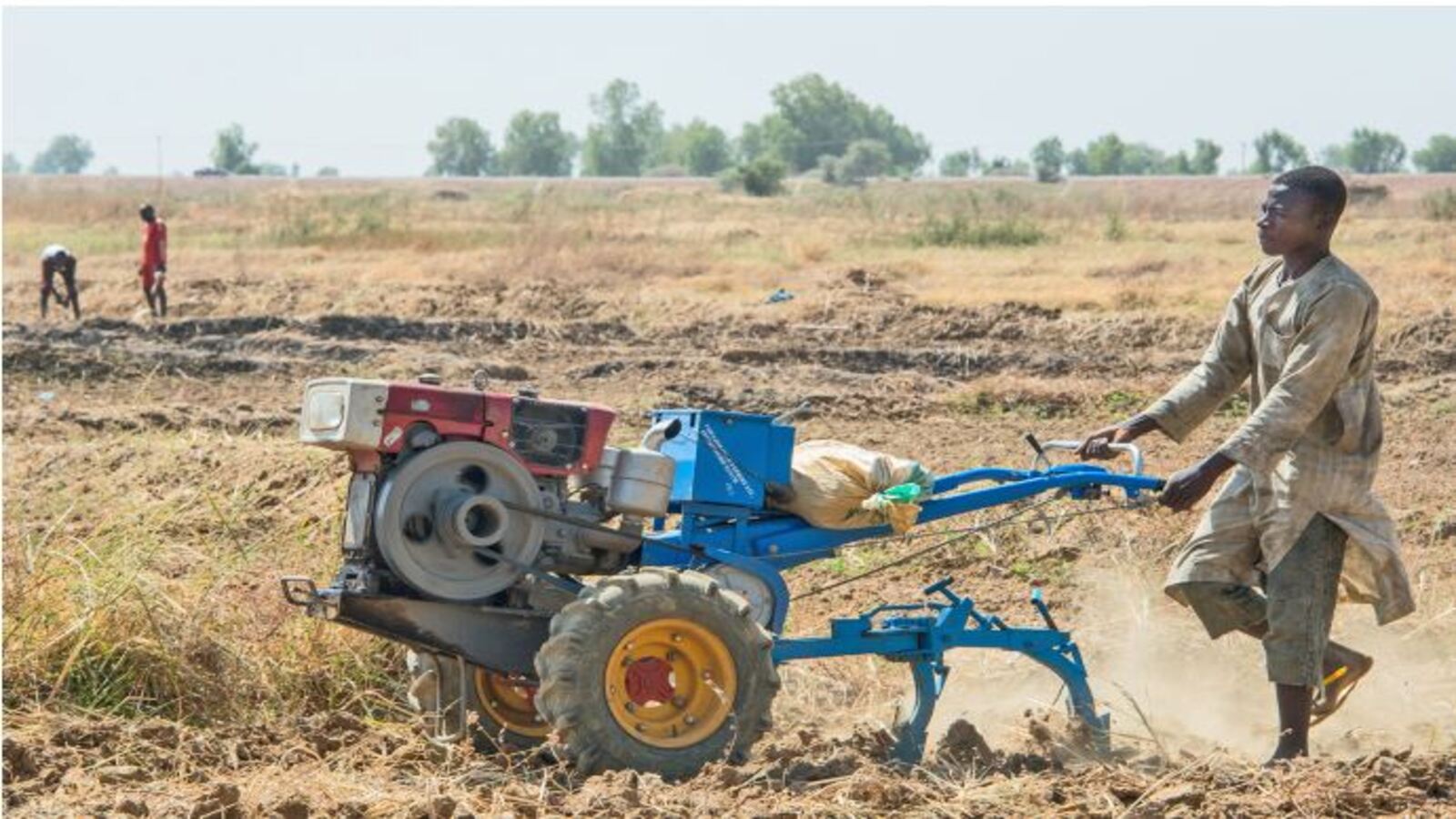The MAXIMIZING AGRICULTURAL REVENUE AND KEY ENTERPRISES IN TARGETED SITES II project (MARKETS II ), was initiated in 2012, with the aim of transforming Nigeria’s agriculture landscape for smallholder farmers. Despite being a leading producer of staple crops globally, Nigeria faces persistent food insecurity in rural areas. While agriculture significantly contributed to the country’s GDP and employment, a substantial portion of the population lived below the poverty line.
MARKETS II aimed to address challenges such as inadequate farming income, rural youth migration, and an aging farming population. It promoted sustainable agriculture by involving the private sector, enhancing income and employment opportunities, ensuring food security, and reducing poverty. By targeting smallholder farmers, particularly those with 1 to 5 hectares of land, the project focused on the entire value chain, building long-term partnerships and training farmers to align production with market demands. It facilitated collaborations between farmers and processors, promoting agriculture as a viable business. Technical training and collaborations improved farming practices and production quality throughout the crop cycle. The project’s approach, grounded in demand-driven strategies and capacity-building, empowered farmers and strengthened rural agribusinesses, fostering a network along the value chain.
Additionally, MARKETS II supported the Nigerian government’s agricultural initiatives, collaborating at all levels and contributing to the sector’s recognition in the economy. Over its implementation, the project achieved significant sales and productivity increases across various crops, leveraging private and public investments. Its model and resources were widely shared, inspiring replication and entrepreneurial efforts, and fostering sustainable linkages in food supply chains. The project showcased that partnerships between smallholder farmers and value-chain actors contribute to food security, livelihood improvement, poverty reduction, and sustainable agribusiness.
The MARKETS II project ran from April 18, 2012, to October 15, 2017, with a budget totaling $64,932,079. The organizations involved in the implementation include:
Chemonics International (which led the consortium and managed field implementation, monitoring and evaluation, grants, and subcontracts), International Fertilizer Development Center, Marketing Cents International, Enclude (formerly ShoreBank International Ltd), Winrock International, and Diamond Development Initiatives.
DDI served as a sub-contractor to Chemonics International from 2007 to 2017 for the implementation of the USAID Nigeria MARKETS, Bridge to MARKETS II as well as the MARKETS II Projects. DDI worked to improve the productivity of six commodities (sorghum, rice, sesame, cassava, aquaculture, and soybean) across fifteen States (Bauchi, Benue, Jigawa, Kaduna, Kano, Katsina, Kebbi, Nassarawa, Niger, Plateau, Sokoto, Taraba, Oyo, Ondo, and Edo).
Specifically, DDI carried out the following:
- Outreach, sensitization, and networking of farmers
- Established and managed demonstration farms.
- Provided pre-season training of trainers covering basic aspects of the production of the commodities.
- Trained group leaders on how to replicate the training for group members.
- Conducted in-season trainings.
- Conducted post-harvest trainings.
- Conducted cost, yield, and income surveys.
- Monitored the outgrowers and their field performance.
- Facilitated buyback of commodities.






